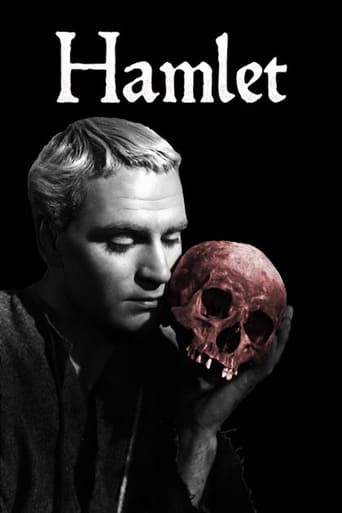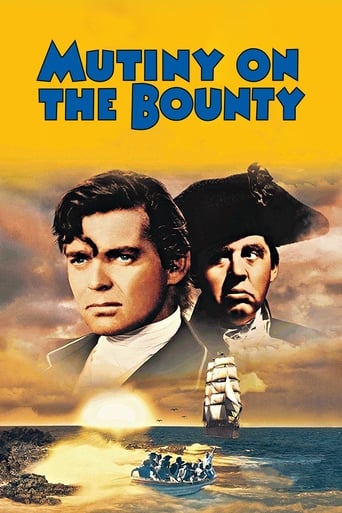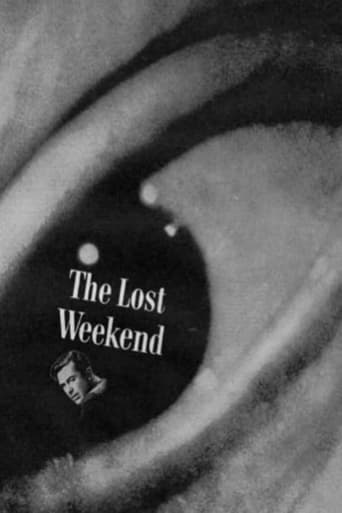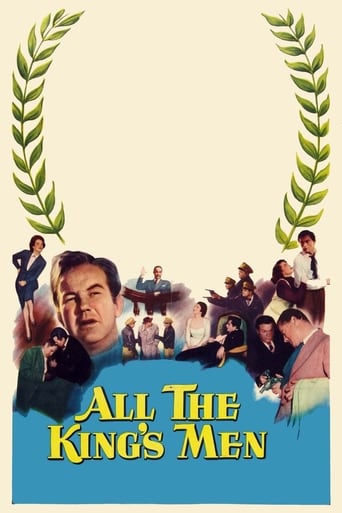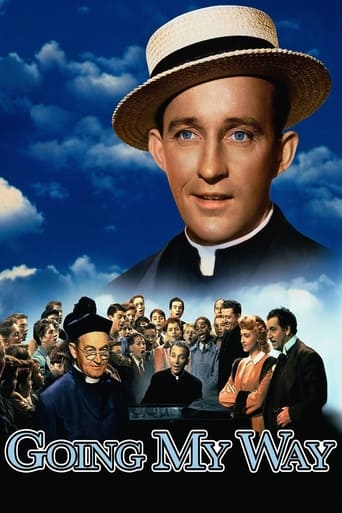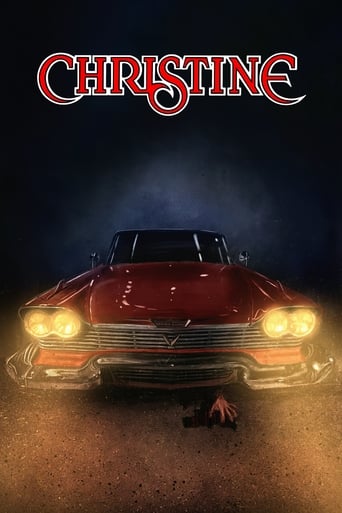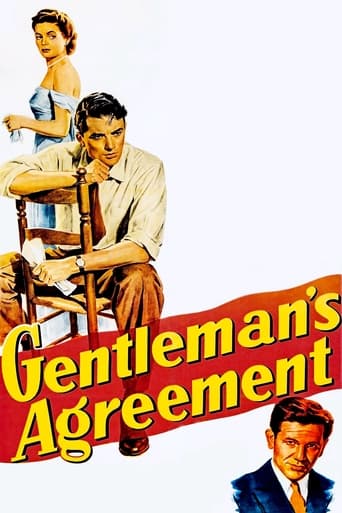


Gentleman's Agreement
A magazine writer poses as a Jew to expose anti-Semitism.
-
- Cast:
- Gregory Peck , Dorothy McGuire , John Garfield , Celeste Holm , Anne Revere , June Havoc , Albert Dekker


Similar titles
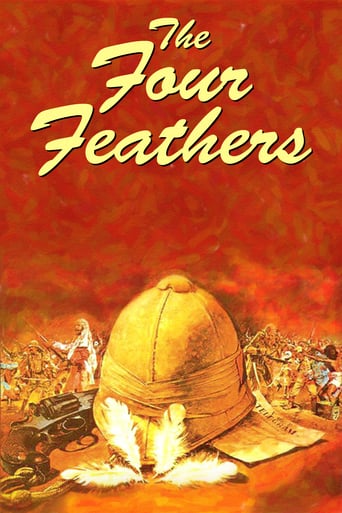
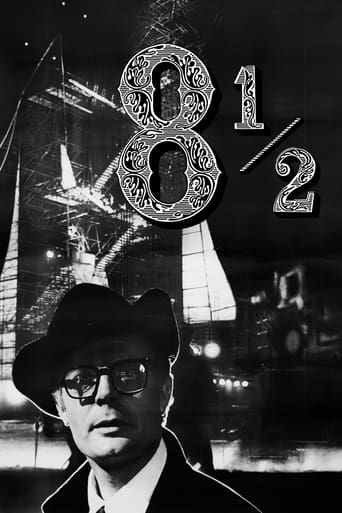

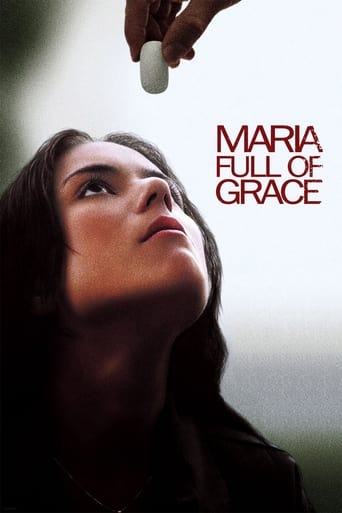
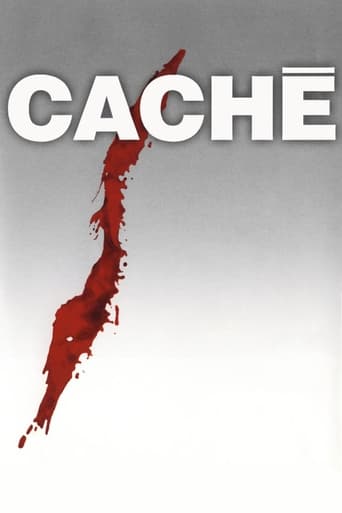

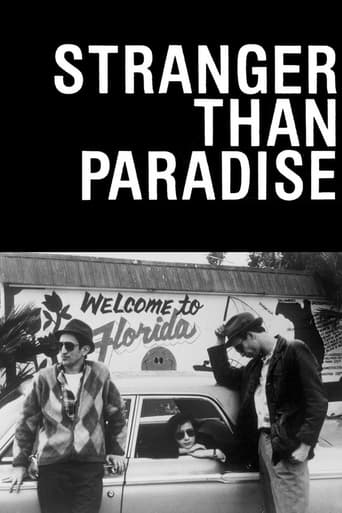
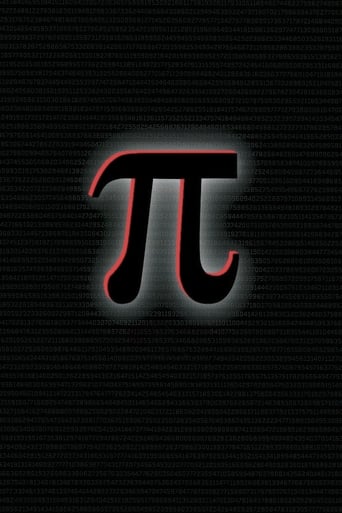

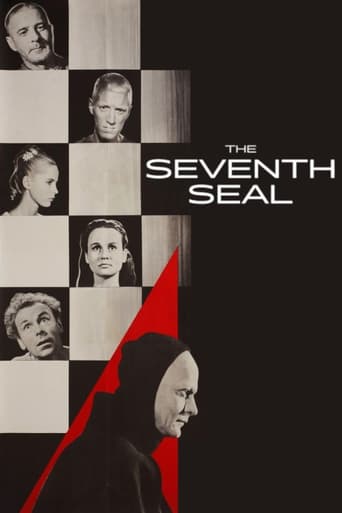
Reviews
Powerful
People are voting emotionally.
Great movie! If you want to be entertained and have a few good laughs, see this movie. The music is also very good,
An old-fashioned movie made with new-fashioned finesse.
"I'M not racist, but "Do your eyes roll and fists clench in frustration before the sentence has finished? Fear not - Gentleman's Agreement is on your side. You'd expect a 'Social Problems Picture' dating from the better part of a century ago to play as cornball, and adorably (or troublesomely) antiquated. Instead, it's sobering how, in a contemporary context, Elia Kazan's scrappy interrogation of the deeply harmful societal prejudices imbedded in seemingly innocuous or inconsequential gestures and comments plays as just as poignantly timely as ever. Seventy years on, Gentleman's Agreement has lost none of its robust, fierce urgency, remaining one of the most intelligent conversations on privilege, and how distressing societal imbalances can be carved by those unable to acknowledge it. Many Hollywood films profiling racism dive straight into tackling overt, violent hate crimes. Here, screenwriter Moss Hart, adapting Laura Z Hobson's groundbreaking expose of societal antisemitism, is bold enough to dig one step deeper, into the more subtle, pervasive forms of racial and religious discrimination proliferating in so- called 'polite society' - job hunting, risqué jokes, schoolyard bullying, and general passive- aggressively rude treatment. It's solemn stuff, but Hart's eloquent screenplay, while occasionally toeing the line of excessive 'staginess,' nimbly gets the point across without devolving outright into pedantic preaching. Kazan's direction is just as provocative, framing his film with plentiful New York establishing shots to firmly ground the problem with pervasive antisemitism as a here and now problem, not a distant epidemic easy to wave away. The hook entails Peck's brooding journalist spreading rumours of a falsified Jewish identity in order to 'method write,' believing himself to be better equipped to write about antisemitism when he himself has been subjected to its ugly underbelly. For many, the premise will sound warning bells of a reappropriative, saccharine saviour of the Jewish community, who dabbles in empathy only to shrug off its hardships and cloak himself with his privilege anew upon the closing credits. It's a fair concern, and one, thankfully, that Kazan and Hart anticipate and circumvent, with peppery reminders throughout branding antisemitism, and any other such religious and cultural discrimination, to be everyone's problem, and that those who allow it to subtly fester by allowing dubious comments or actions to pass unchallenged, as just as culpable. In one sardonic instance, a real-life conversation between Jewish industry executives urging the filmmakers to quash the film for fear of 'rocking the boat' makes its way into the script itself, lending it even more power and wry credibility. Occasionally, the film stumbles somewhat over its own noble intentions. To make its point, Peck's compacted experience is a touch clumsily over-exaggerated (though it's a sad realization that this heavy-handedness is ultimately necessary for the message to properly land, whether in 1947 or current day), and there's no denying that a contemporary viewing necessitates suspension of disbelief regarding the more exposition-heavy tropes of the time. Nonetheless, some of Peck's grim, sanctimonious lectures still verge on tiresome 'Mansplaining,' even for the 1940s. Even more curiously but poignantly, Kazan and Hall's reticence in grounding the film in its contemporary cultural context (the script does take pot shots at some of the more outspokenly antisemitic government officials of the time, but abstains from any mention of the Holocaust, or World War II at all, outside of John Garfield's chipper GI) shows how touch-and-go evasion of Hayes Code censorship was. Regardless, Kazan keeps the pace brisk, entwining Peck's experiences of discrimination around a burgeoning romance that, irksomely, might not be as safe from outside microaggressions as he'd hope. Though both he and Kazan have retroactively disparaged his work here as too hesitant, Peck proves an excellent fulcrum for the film's message to roll off. Curbing his legendary dignity and calm with a bristling righteous indignation, Peck's grimness suggests he rankles at the oppression - both that he and his family personally experience, but also in a macro sense - with every fibre of his being. His refusal to let in dregs of his legendary warmth do leave his performance as somewhat wanting in levity, but he's seething and charismatic enough to effortlessly win attention regardless. Similarly, Dorothy McGuire is superb as his impassioned fiancée, and McGuire is wise and skilled enough to remain fundamentally enigmatic, commanding audience sympathy while simultaneously keeping them at arm's length with just enough eyebrow-raising comments to continually postpone a consensus on her character's affability. Finally, John Garfield provides the welcome reprieve of boisterous charisma the film sorely needs, though many of its more unexpected, quietly resonant moments are grounded in watching his face imperceptibly shift to weary resignation coming to terms with the subtle and overt hardships he, as a Jewish citizen is invariably subjected to, war hero status and all. Many will criticize Gentleman's Agreement as being overstated, earnest, or corny in a contemporary environment. Sadly, its message remains as urgently topical as ever in a global climate rife with socio- political intolerance and hatred - both overt, and as knowingly nigh-imperceptible as the film's title. And if a Gregory Peck civil rights double-bill (this and To Kill A Mockingbird, of course) could serve as the cultural balm the world needs, or causes a single viewer to pause and reflect before uttering a politically dubious generalization over dinner, then Gentleman's Agreement is beyond intelligent, eloquent, and piercing: it's borderline essential. -9/10
This is part of my ongoing personal project to see all of Elia Kazan's movies. I've seen most of his 20 movies already, starting with A Tree Grows in Brooklyn (1945) and ending with The Last Tycoon (1976). Some of his movies are very hard to find and others already make up my staple viewing. I CAN--I must--separate his wonderful craft from his controversial political past with HUAC. Why? Because there is just TOO MUCH good art in his work to ignore it, and I consciously—and willingly--choose NOT to ignore it. To me, Kazan is one of the great directors—period. I also understand that his very creative directing probably ended after Splendor in the Grass (1961). Still, I want to see his whole body of work if I can find it. Gentleman's Agreement is based on Laura Z. Hobson's novel. It won Oscars for Celeste Holm (Best Supporting Actress); Elia Kazan (Best Director); and Darryle F. Zanuck (Best Picture). Other Oscar nominations included: Gregory Peck (Best Actor in a Leading Role); Dorothy McGuire (Best Actress in a Leading Role); Anne Revere (Best Actress in a Supporting Role); Harmon Jones (Best Film Editing); and Moss Hart (Best Writing, Screenplay). As the movie opens 'Philip' Schuyler Green (Gregory Peck) and his young son, Tommy (Dean Stockwell), are walking through the streets of New York City. Phil is a widower from California who has brought Tommy and his mother (played by Anne Revere) to NYC to work as a feature writer on a big magazine. Phil meets Kathy Lacy (Dorothy McGuire) at a party in his new boss's house. Kathy is recently divorced and she and Phil soon fall in love. But, their courtship eventually falls upon rocky grounds because of his assignment at the magazine. The assignment is to write a long feature article that will 'blow the lid off of anti-Semitism.' The magazine feature has to be something different, without all the usual facts, figures, and empty platitudes. It needs an angle to bring it to life. As Phil grapples with his assignment, he runs up against brick walls until he comes up with the idea of actually BEING Jewish for 8 weeks in order to see what it feels and looks like from the inside and present it to an outside audience. (This reminds me of John Howard Griffin's 1959 book, Black Like Me, which may have been inspired by this movie and its source novel.)Phil (who, in reality, is a WASP) will earnestly pretend to BE Jewish without letting anyone know his plan except Kathy and his boss, John Minify (Albert Dekker). That is, none of his fellow workers must know that he is NOT Jewish; they must believe that he IS. This means that, for the idea to work successfully, even his mother and son must 'become' Jewish, too. The movie's use of Phil having an old Army buddy, Dave Goldman (John Garfield), who REALLY IS Jewish adds another dimension to both the story and the story within a story: Phil's feature articles for the magazine. As 'a Jew' on the magazine staff he gets to see how other Jews see themselves. For example, his secretary, Elaine Wales (June Havoc) sees her Jewishness negatively. On the other hand, his female co-worker, Anne Dettrey (Celeste Holm), uses humor to fend off anything that may come too close to the feeling of her 'Jewishness.' The personally difficult issues for Phil in this movie include: 1) when his boy, Tommy, is attacked for being called 'a dirty little Jew'; 2) when he is turned down from a restricted luxury resort hotel; and 3) when his girlfriend--now fiancée--Kathy, wants to 'break the secrecy of his NOT being Jewish' so that the two can celebrate their upcoming marriage at party at Kathy's sister's house in Connecticut. Kathy's sister, Jane (Jane Wyatt), lives in exclusive upscale neighborhood where her friends and neighbors have to be pre-screened to make sure that Phil's being a Jew wouldn't matter and wouldn't be brought up in polite conversation. As Kathy accidentally explains to Phil, there (in Jane's Connecticut neighborhood) there is a sort of a 'Gentleman's Agreement' about Jews (and when and where they will be accepted). As the movie comes to a close, there is a lot of 'truths and soul searching' on everyone's part. As Phil is about to finish his assignment for the magazine, his mother sneaks a peak at his upcoming manuscript and reads it aloud near the end of the movie. This 'sermon' (or should I call it a testimonial?) by Anne Revere was just a little over-the-top to me!
I admire this great film. Gregory Peck is wonderful as well as all the rest of the cast. I am 80 years old and I'm proud to list some of my past experiences. In high school I played for an undefeated State Champion football team. We had some great black players who stood out on the field. After one play I noticed that our right end had a broken arm. He gave me strict orders to shut up about it because he said he wasn't going to sit on the bench. Our full back was Jewish and he was one of the most admired guy any of us could hope to know. It was the same story in Prep school and in college. Going to class with Jews and being friends was something I have good memories about. Today my son is a Green Beret-Navy Seal and his beautiful wife is Jamaican. My daily greeting to her is--"Hello beautiful- I love you". Count Basie was a good friend of mine. So was Duke Ellington. I owned a house and one day some idiot knocked on my door and wanted me to sign a zoning agreement saying that I would not sell to Jewish or black people (1960). I told him that I had a black customer who was going to buy my property and if he or they didn't like it----. My 22 year old Grandson is a Fireman-EMT man and a Police man. He has saved many lives. I am proud to be an American and this is the greatest country in the world. There is no room in my heart for hate. Thank you.
I've often wondered –maybe naively- why is it that anti-Semitism is always "associated with" but "never included" within racism. In these times of extreme communitarian sensitivity, I'm fully aware that these questions can hide an unconscious form of anti-Semitism but I know my conscience is crystal clear on that level.Let's first put facts into their historical context, anti-Semitism is undoubtedly connected with an indelible stain on Humanity's soul called the Holocaust, six millions of Jews died of something that started with an individual belief, a devastating number in a dramatically short time span. The historical trauma made obvious the distinction between anti-Semitism and racism. Now it angers communities who protest against the supremacy given to the Jew suffering, above others from the past and the present, but as a retort, these protestations are liable to get the 'anti-Semite' stamp, making the snake biting his own tail.Now it's impossible to see where and where is not anti-Semitism, the only certitude being that its injurious effect acts on a reputation like a torpedo on a U-boat. But back then in 1947, things were a bit different. Directed by Elia Kazan, and written by Moss Hart, "Gentleman's Agreement" explores anti-Semitism in post-war America. Gregory Peck is Phil Green, a noble-hearted journalist assigned to write a series about anti-Semitism to see which aspects of his life he took for granted would be affected if he passed as a Jew. And boy, no matter how confident, charismatic, and well-spoken he is, the mere mention of his ethnicity carves a sign of undesirability on his front.And the time the film was made is crucial: 1947. Two years after GI's discovered the extents of Nazi barbarity in Death camps and one year before the creation of the state of Israel, not without American help. What Kazan's film offers is an interesting view on America's mindset toward Jewish people: bigotry, misunderstanding and defiance, remarkably contrasting with the US Foreign Policy. Basically, it's not the film that is dated, but minds. The anti-Semitism discovered by Phil is one that hasn't been confronted to its devastating effects. After all, what Nazis did, started with the way Americans thought, shocking but true.And "that" anti-Semitism didn't wait the Holocaust; its roots are Biblical before being cultural: defiance toward people without a land, but with influence, a mix of envy and hate, an ugly feeling indeed, fueled by the certitude to belong to the right side. This is Green's subtlest discovery, there are anti-Semites and there are people guilty of silence, feeling on the safe side from the anti-Semitism they observe. To give you an example, there were three kinds of kids in the schoolyard: bullies, victims and cowards who either supported the bullies or didn't help the victims, to avoid the hits. All that is necessary for evil to triumph is for good men to do nothing.And speaking of good persons doing nothing, Green finds one and falls in love with her. Dorothy McGuire is Kathy, his boss' niece, a divorced woman who actually suggested the theme of the series. Yet, despite her well-meaning intentions, as the romance grew, she betrayed in many occasions her unconscious bigotry. It started with her confused concern whether Green's Jewish or not (ruining a promising dinner) and culminated after Phil's son (played by a young Dean Stockwell) complained about kids attacking him because he said he was a Jew. She doesn't comfort him by saying that they were bad, but by him not being a Jew causing a justifiable anger from Phil.She finally closes the door after a remarkable speech that says a lot about her conception of "being a Jew", it's obviously a social handicap according to her, and although she has nothing against Jews, she feels exactly like someone who's handsome, young or rich instead of ugly, old or poor. In other words, it's nothing to feel ashamed of. Phil's journey reveals the ugliest side of American narrow-mindedness, even to the point, ironic but insightful, that his Jewish secretary is part of the same conspiracy, speaking herself about 'right' and 'wrong' Jews and it's a Gentile teaching her a lesson. This is for subtleties like this that the film overcomes its self-righteous impeccability.One can also regret that the survey didn't exceed the limits of the upper-class but maybe anti-Semitism is an educated disease, which makes it much more detestable. Could there be an uglier euphemism than "Gentleman's Agreement"? Thankfully, Green finds some strong support from Anne, a free-spirited woman played by the Oscar-winning Celeste Holm, he finds it in Dave, John Garfield as his Jewish friend who knows too well what Phil is going through, and there is Anne Revere as his loving and caring mother. It seems that despite this great casting, Kazan and Holm didn't get along with Peck, I can see why if Peck really immersed himself into his character.And despite winning the Best Director Oscar and the film winning Best Picture, Kazan felt that the film lacked passion (indeed, Stockwell's cries said more than any Peck's speech), and that the romance was forced. Well, I think it would have damaged the film if it distracted it from its political agenda. But Green goes back to Kathy after her redemptive act showing that times have changed for the best, and making Anne Revere wishing she could live up to see how this century will evolve. But, I don't think times have changed much. Sure, anti-Semitism isn't as deep and extreme in America, but go ask the average or upper-class Americans what they think about Muslims.Sure they'll talk about terrorism and September 11th, but remember, there's no racism that doesn't start with a belief and there's no belief that doesn't start with misinterpreted facts. Finally, I stand corrected, there's nothing in "Gentleman's Agreement" that has lost its relevance, which is good news for the film, but sad for humanity.

